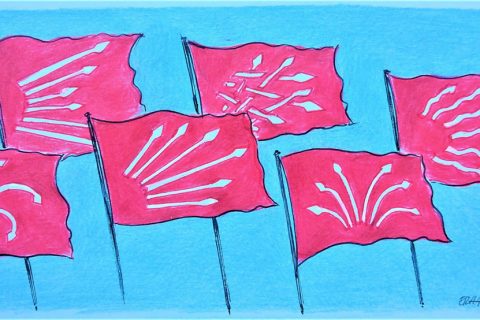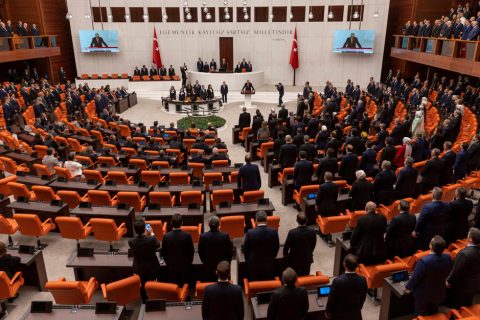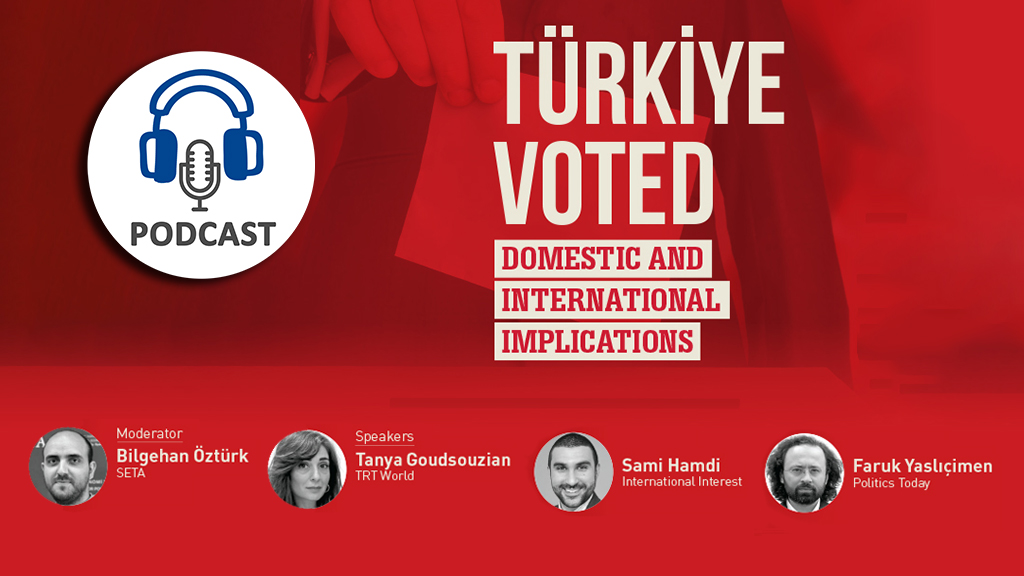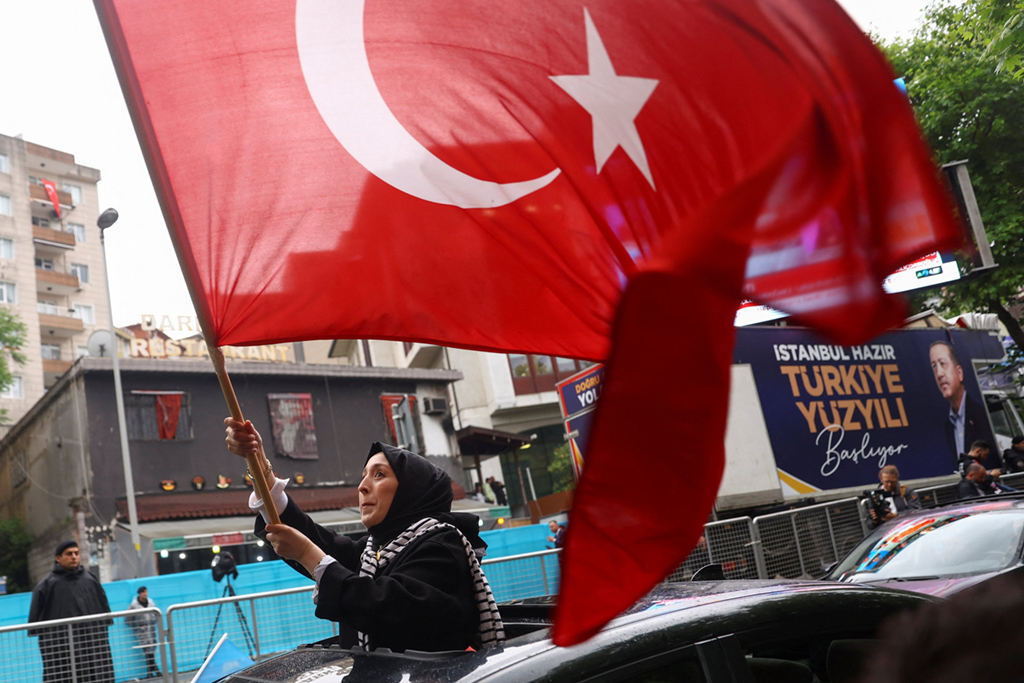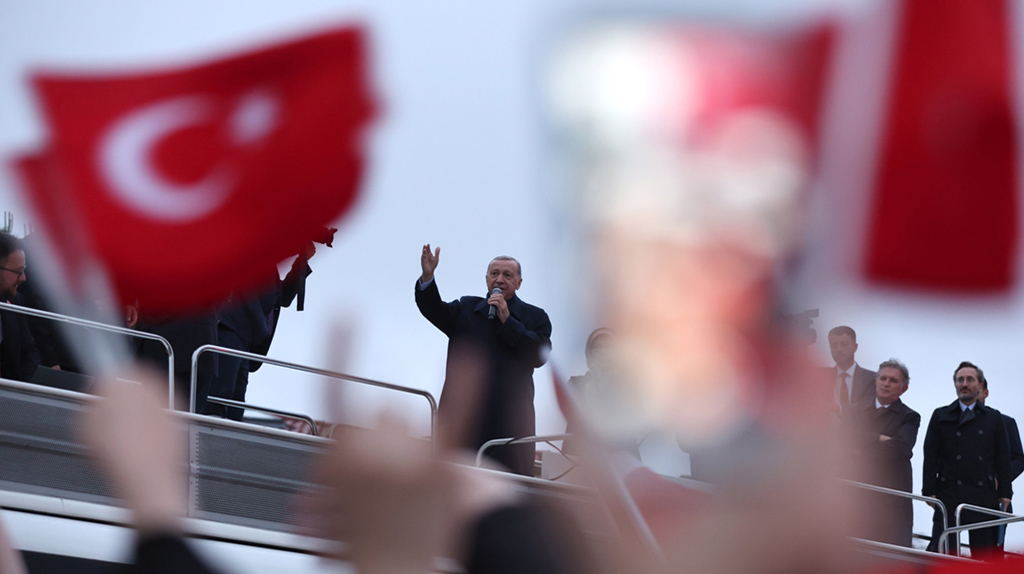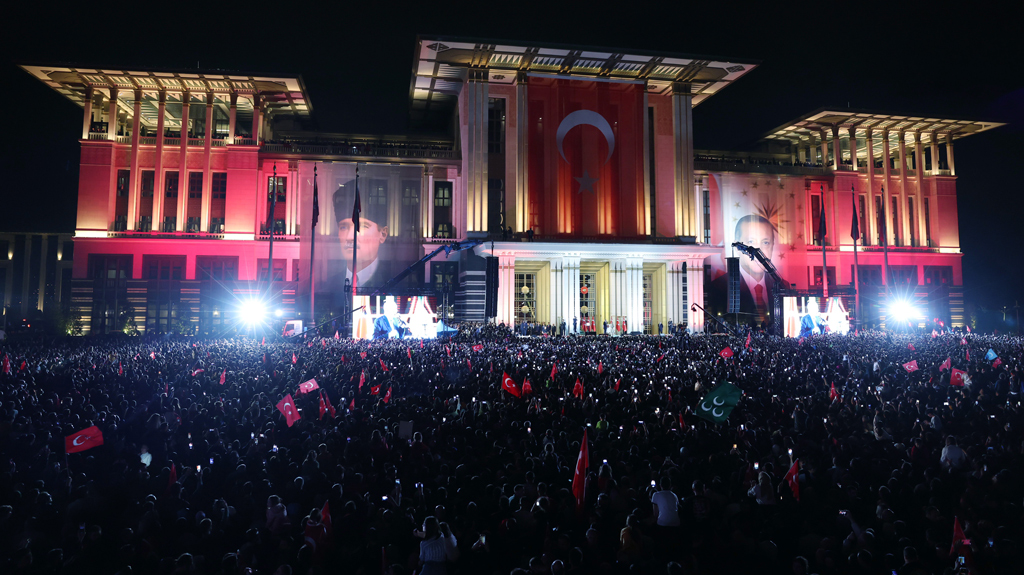2023 Turkish General Elections Presidential Candidates
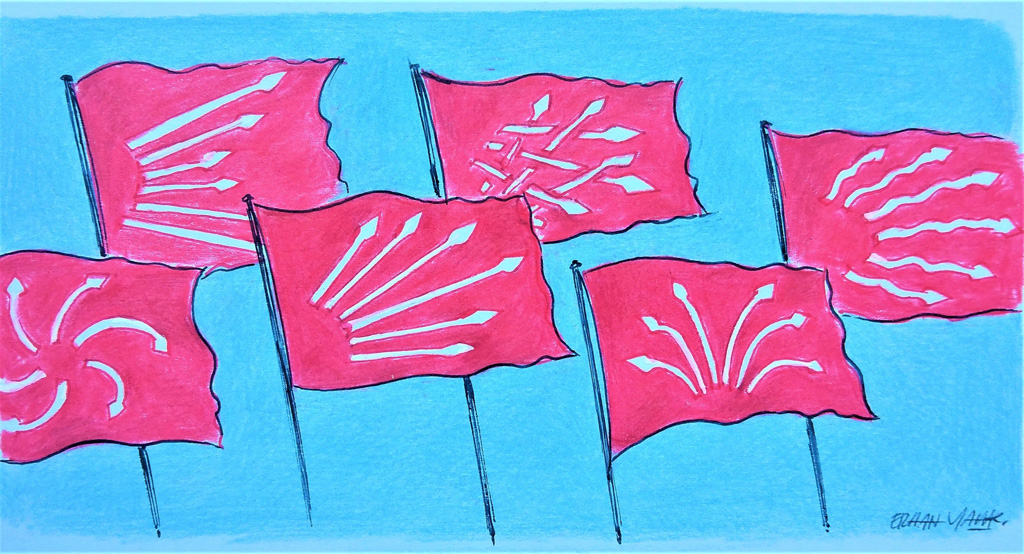
‘Change’ or discerning voter anger: What’s the real deal in CHP?
| OpinionSince last month’s elections, the Turkish people have been talking about “change” within the main …
-
Opinion
‘Change’ or discerning voter anger: What’s the real deal in CHP?
By Burhanettin DuranSince last month’s elections, the Turkish people have been talking about “change” within the main opposition party. The main opposition Republican People's Party (CHP) supporters and Istanbul’s mayor, Ekrem Imamoğlu, started that debate.
-
Opinion
New Parliament and the future of politics in Türkiye
By Burhanettin DuranOver the weekend, President Erdoğan and his new Cabinet started working toward the “Century of Türkiye.” The Turkish leader has many items on his diplomatic agenda – as the number of world leaders congratulating him and attending his inauguration ceremony suggests. Over the following years, Türkiye will promote peace, stability and cooperation in its neighborhood, consolidate its continent-wide initiatives and strive toward a more just world order.
-
Opinion
Path of Turkish politics in new era amid crisis in opposition
By Burhanettin DuranAt the height of his political power, Erdoğan will make improvements to the presidential system in an attempt to consolidate it. Adopting a holistic approach to all parts of politics, he will try to take bold steps and launch new initiatives in Türkiye.
Bu Konuda Daha Fazla
-
Podcast: Türkiye Voted | Domestic and International Implications
By SETATürkiye Voted | Domestic and International Implications
-
Turkish presidential elections and Western misperception
By Muhittin AtamanPresident Erdoğan has received 52.18% of the vote, while his rival Kılıçdaroğlu received 47.82%. Thus, President Erdoğan has won over 10 elections – including presidential elections, parliamentarian elections, local elections and referendums – that he entered since 2002. This is a record-high number in the history of modern Türkiye, which made Erdoğan the longest-serving statesman in the history of the Turkish Republic.
-
Erdogan’s election victory: a new era in Turkish foreign...
By Kadir ÜstünTurkish foreign policy is faced with the task of preserving the gains it has made in various critical issues, from Libya to Azerbaijan, Ukraine to the Eastern Mediterranean, while improving economic relations with Europe, increasing effectiveness within NATO, and managing the impacts of global power shifts.
-
Recurring triumph manifests the Erdoğan phenomenon
By Mert Hüseyin AkgünBefore the first-round election on May 14, many people supposed President Recep Tayyip Erdoğan’s long-standing winning streak would be broken. This belief was fueled by high inflation and the devastating earthquakes that had occurred just three months before the elections. Nonetheless, the outcomes of the first-round election contradicted the predictions of almost all polls, leading to historic results that surprised many.
-
Türkiye elections: What does Erdogan’s victory mean for the...
By Burhanettin DuranSunday’s election in Türkiye ended with yet another victory for President Recep Tayyip Erdogan. The outcome did not catch any close followers of Turkish politics by surprise.
